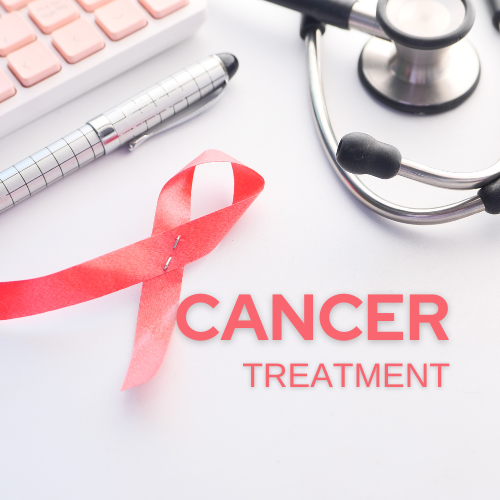Introduction
Cancer is surrounded by numerous myths and misconceptions that can lead to unnecessary fear, confusion, and misguided actions. To help separate fact from fiction, here are ten common cancer myths debunked by experts.
1. Myth: Cancer Is Always Fatal
Fact: Advances in cancer detection, treatment, and care have significantly improved survival rates. Many types of cancer, especially when detected early, can be treated successfully. For instance, the five-year survival rate for breast cancer is over 90% when diagnosed early.
2. Myth: Cancer Is Contagious
Fact: Cancer is not a contagious disease and cannot be spread from person to person. However, certain viruses that can increase cancer risk, such as HPV (human papillomavirus) and hepatitis B and C, are contagious, and vaccination can help prevent them.
3. Myth: A Biopsy Can Spread Cancer
Fact: There is no scientific evidence to support the idea that a biopsy can spread cancer. Biopsies are essential for accurate diagnosis and treatment planning. Oncologists and surgeons follow strict protocols to ensure biopsies are safe and effective.
4. Myth: Eating Sugar Feeds Cancer
Fact: While cancer cells consume more glucose than normal cells, there is no direct evidence that sugar consumption makes cancer grow faster. However, a balanced diet with limited sugar is recommended for overall health and to avoid obesity, which is a risk factor for many cancers.
5. Myth: Cancer Is Always Painful
Fact: Not all cancers cause pain, especially in the early stages. Pain can be managed effectively with modern pain relief methods and palliative care. Early detection and treatment can often prevent cancer from reaching stages where it causes significant discomfort.
6. Myth: Cancer Treatments Are Worse Than the Disease
Fact: While cancer treatments can have side effects, advances in medicine have made them more tolerable. The benefits of treatment, including the potential to cure the cancer or prolong life, generally outweigh the temporary discomfort of side effects. Oncologists work to manage side effects and maintain the patient’s quality of life.
7. Myth: Only Smokers Get Lung Cancer
Fact: While smoking is a major risk factor for lung cancer, non-smokers can also develop the disease. Exposure to radon gas, asbestos, secondhand smoke, and environmental pollutants are other significant risk factors. Genetics and family history also play a role.
8. Myth: Cancer Is a Death Sentence for Older Adults
Fact: Age alone does not determine the outcome of a cancer diagnosis. Many older adults respond well to treatment and can achieve remission or manage their cancer as a chronic condition. Treatment plans are often tailored to the individual’s health status and preferences, regardless of age.
9. Myth: Herbal Remedies Can Cure Cancer
Fact: No herbal remedy has been proven to cure cancer. While some complementary therapies can help manage symptoms and improve quality of life, they should not replace evidence-based treatments. Always consult with healthcare professionals before using any alternative therapies.
10. Myth: If No One in My Family Has Cancer, I'm Safe
Fact: While genetics play a role in some cancers, most cancers are caused by a combination of genetic, environmental, and lifestyle factors. Regular screenings and a healthy lifestyle are important for everyone, regardless of family history.
Debunking these myths is crucial for making informed decisions about cancer prevention, diagnosis, and treatment. Relying on accurate information from trusted medical professionals can help alleviate unnecessary fears and ensure the best possible outcomes for those affected by cancer.



